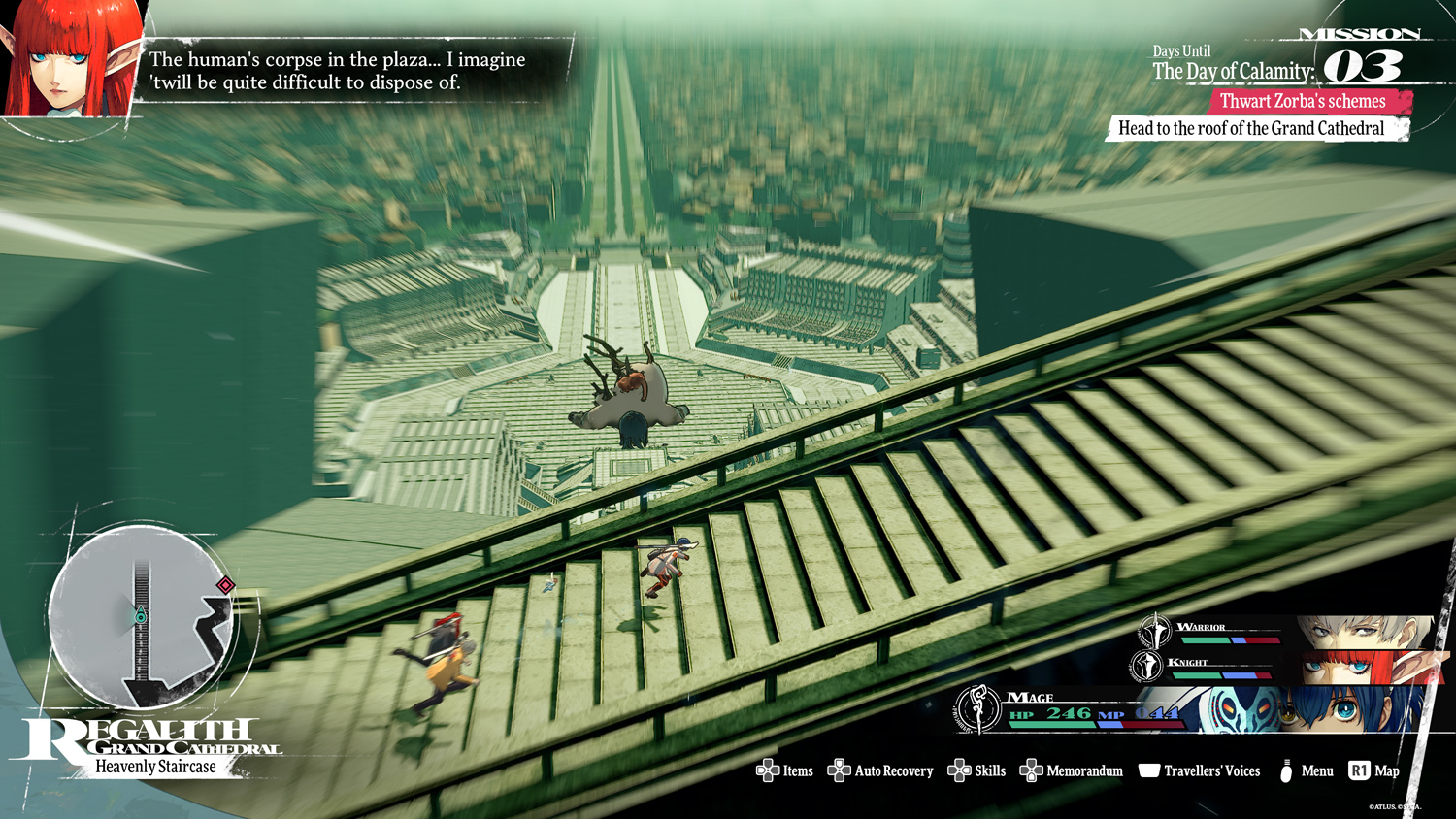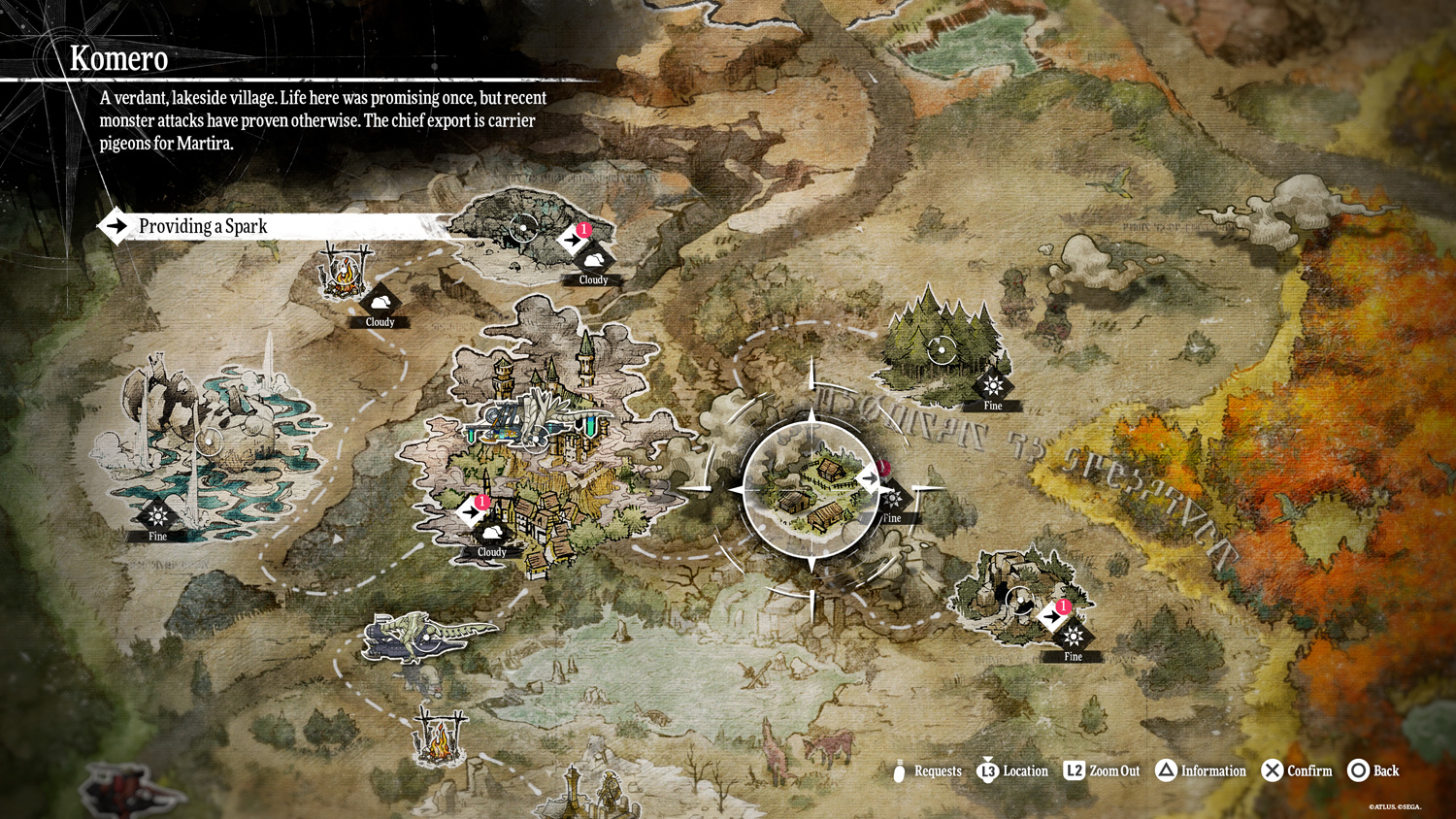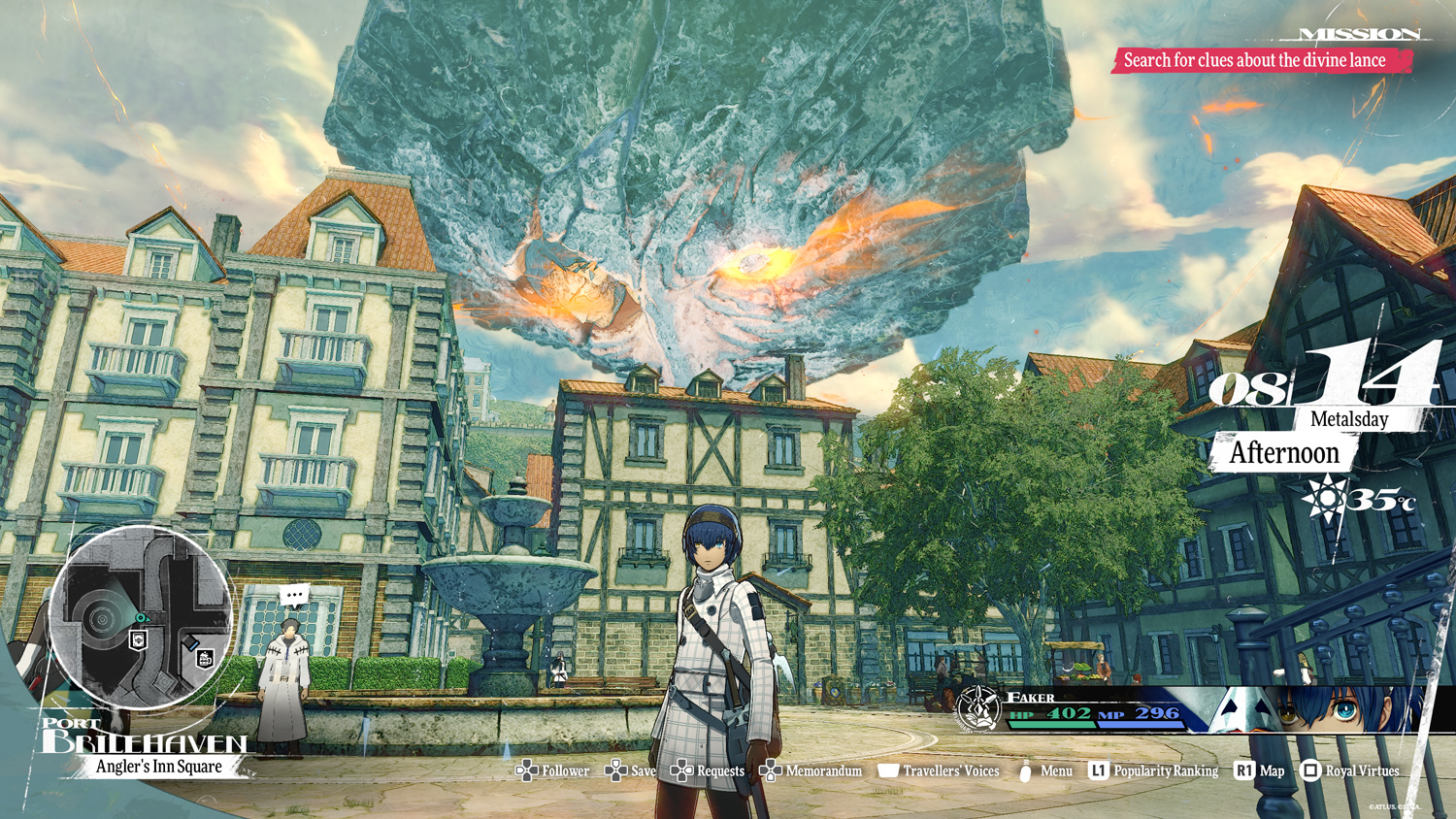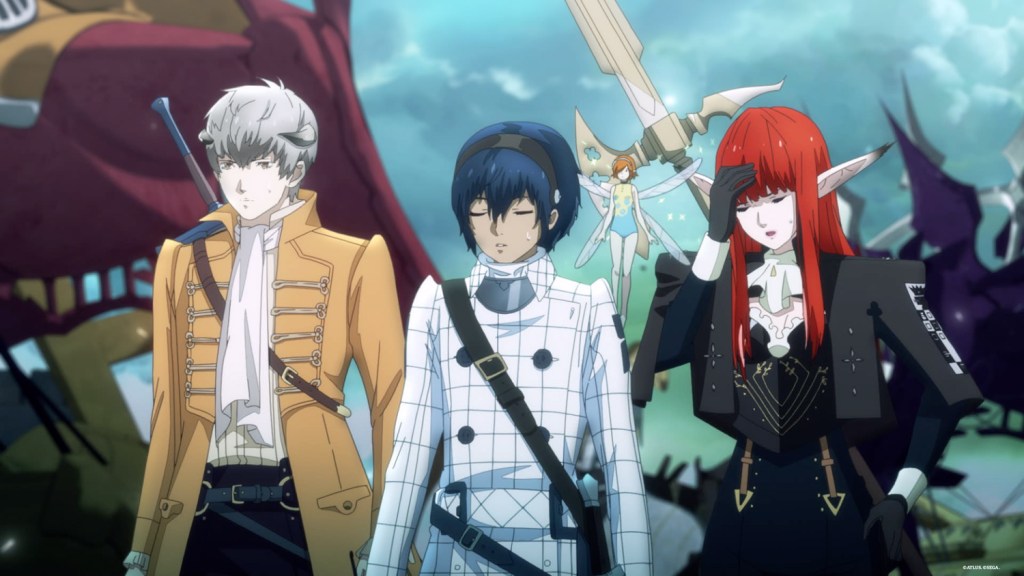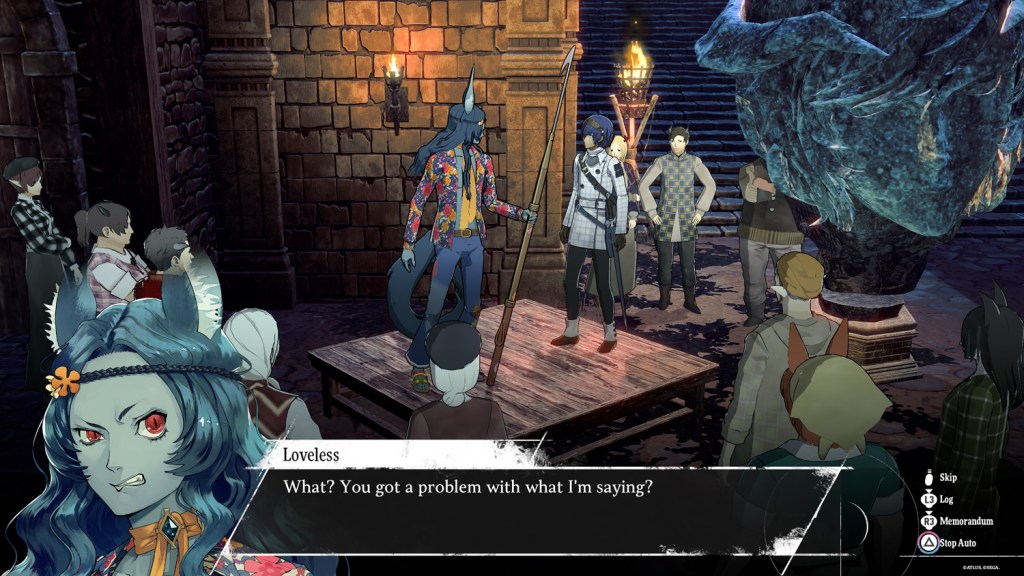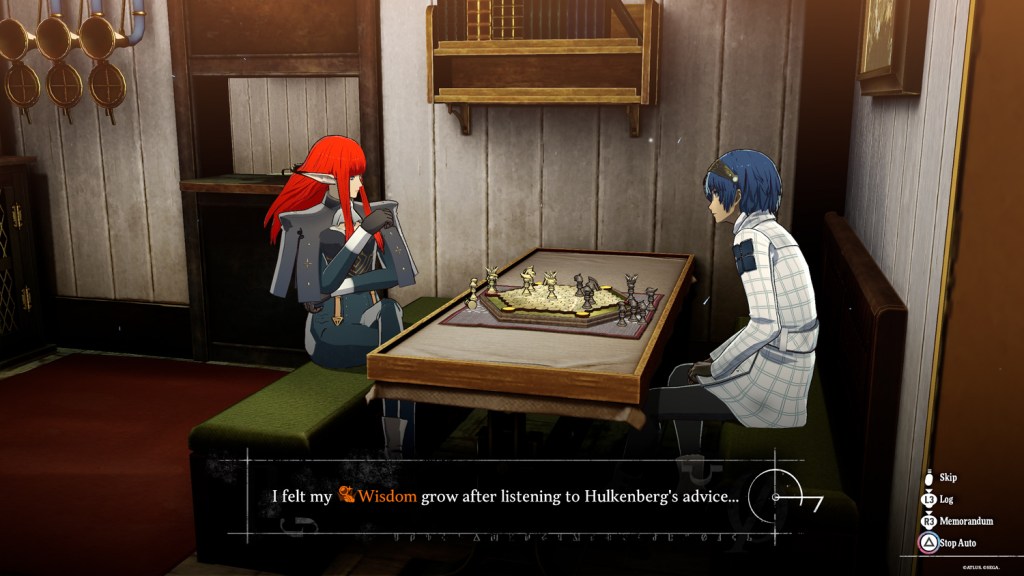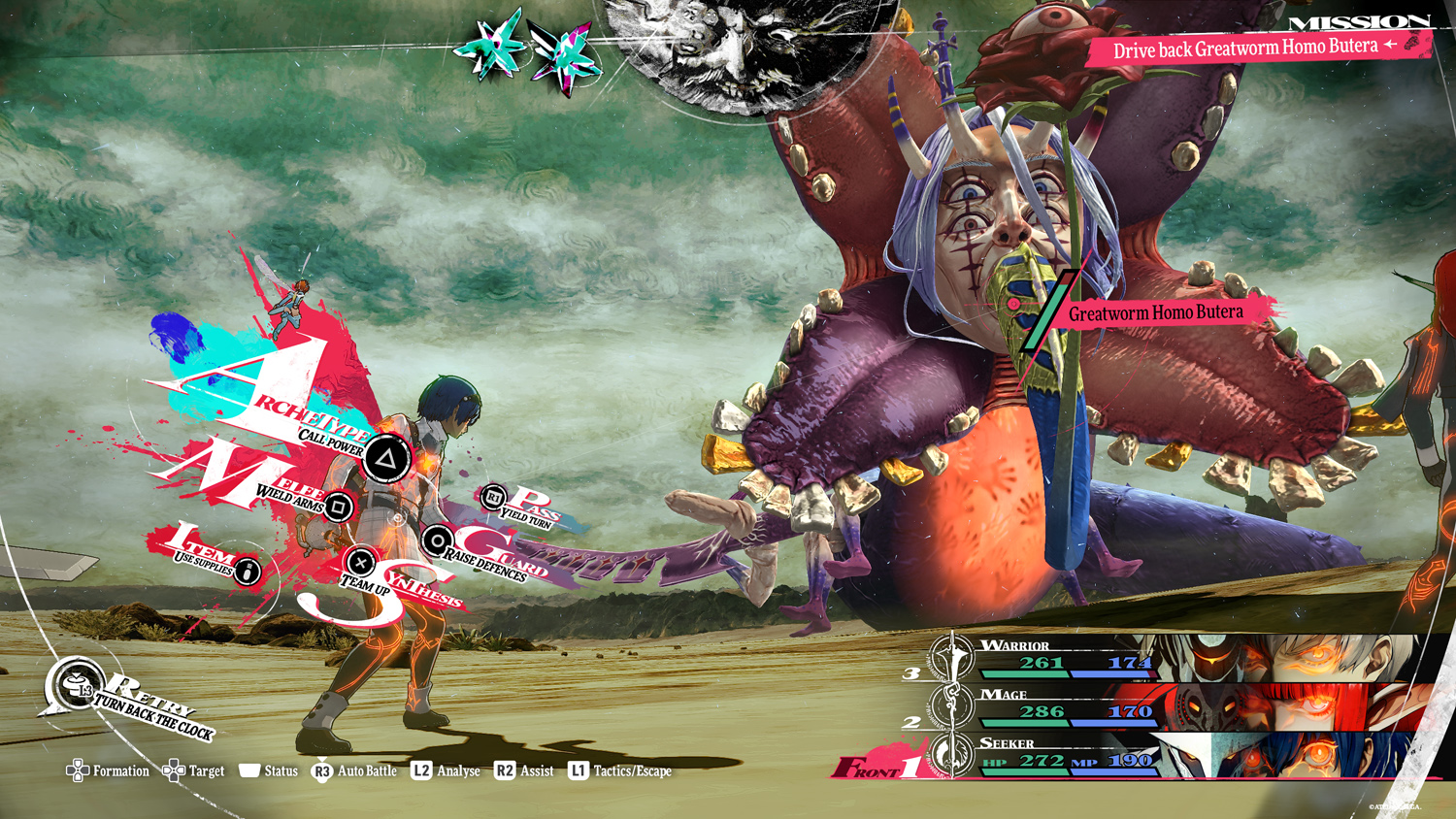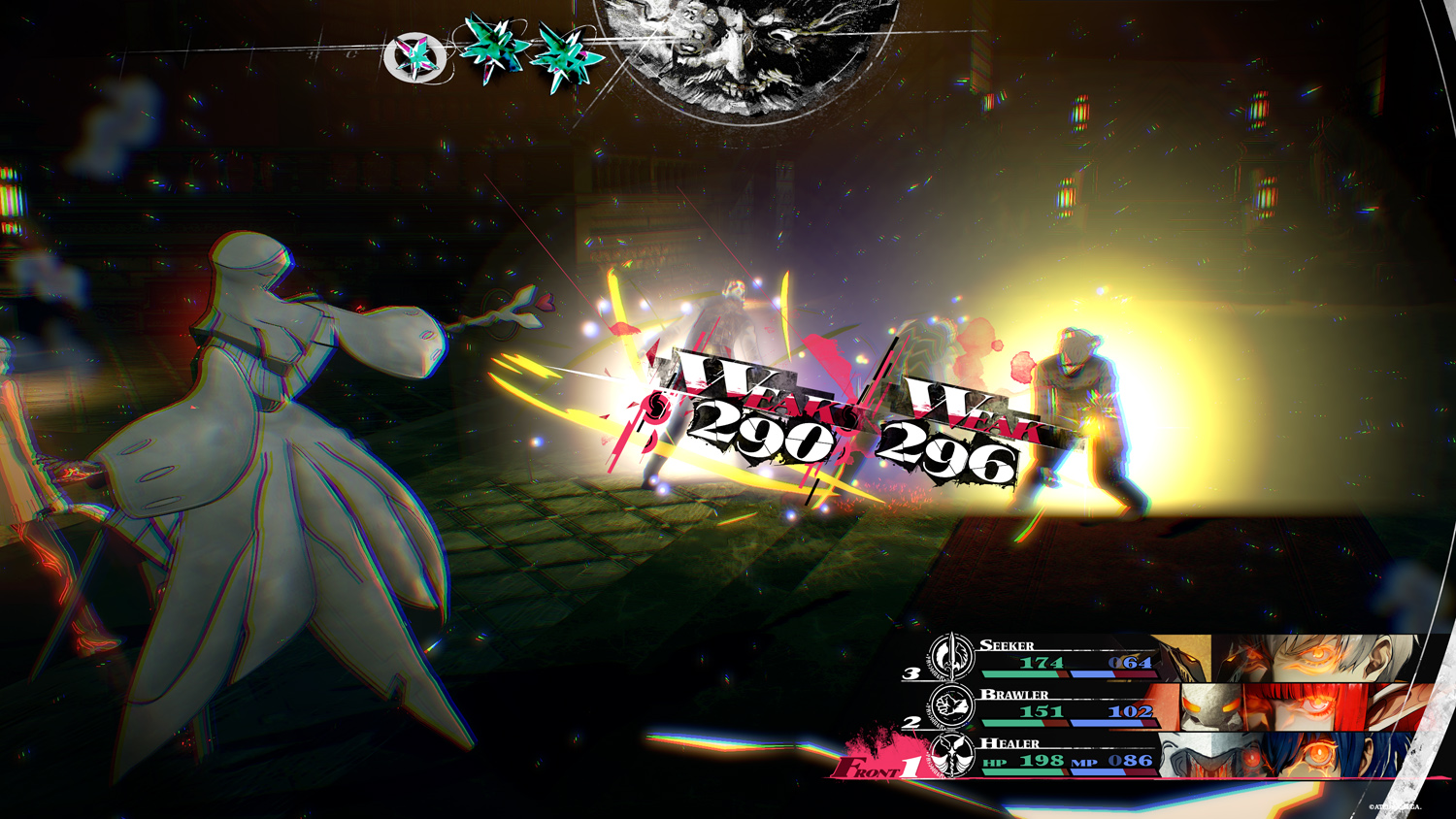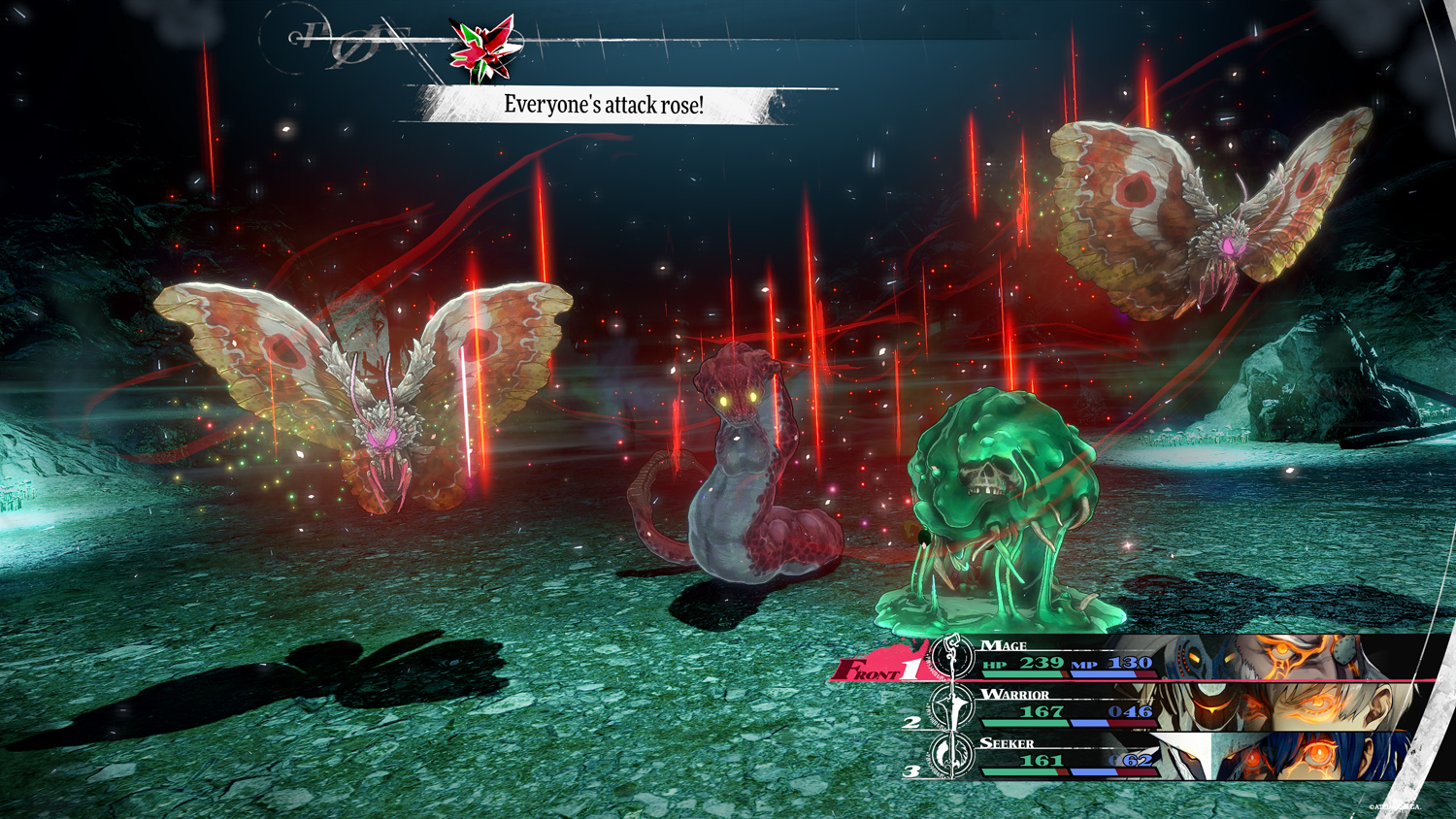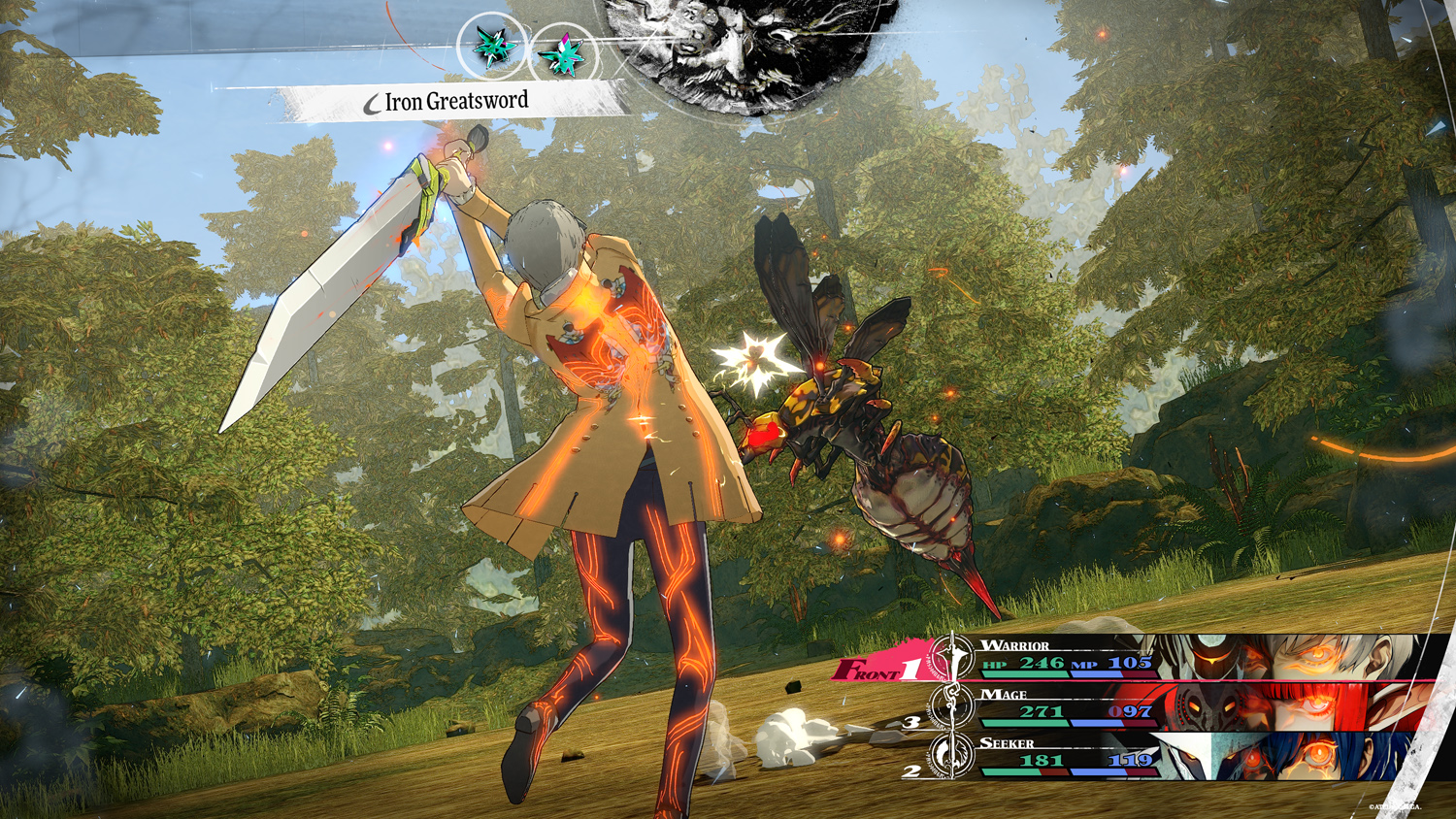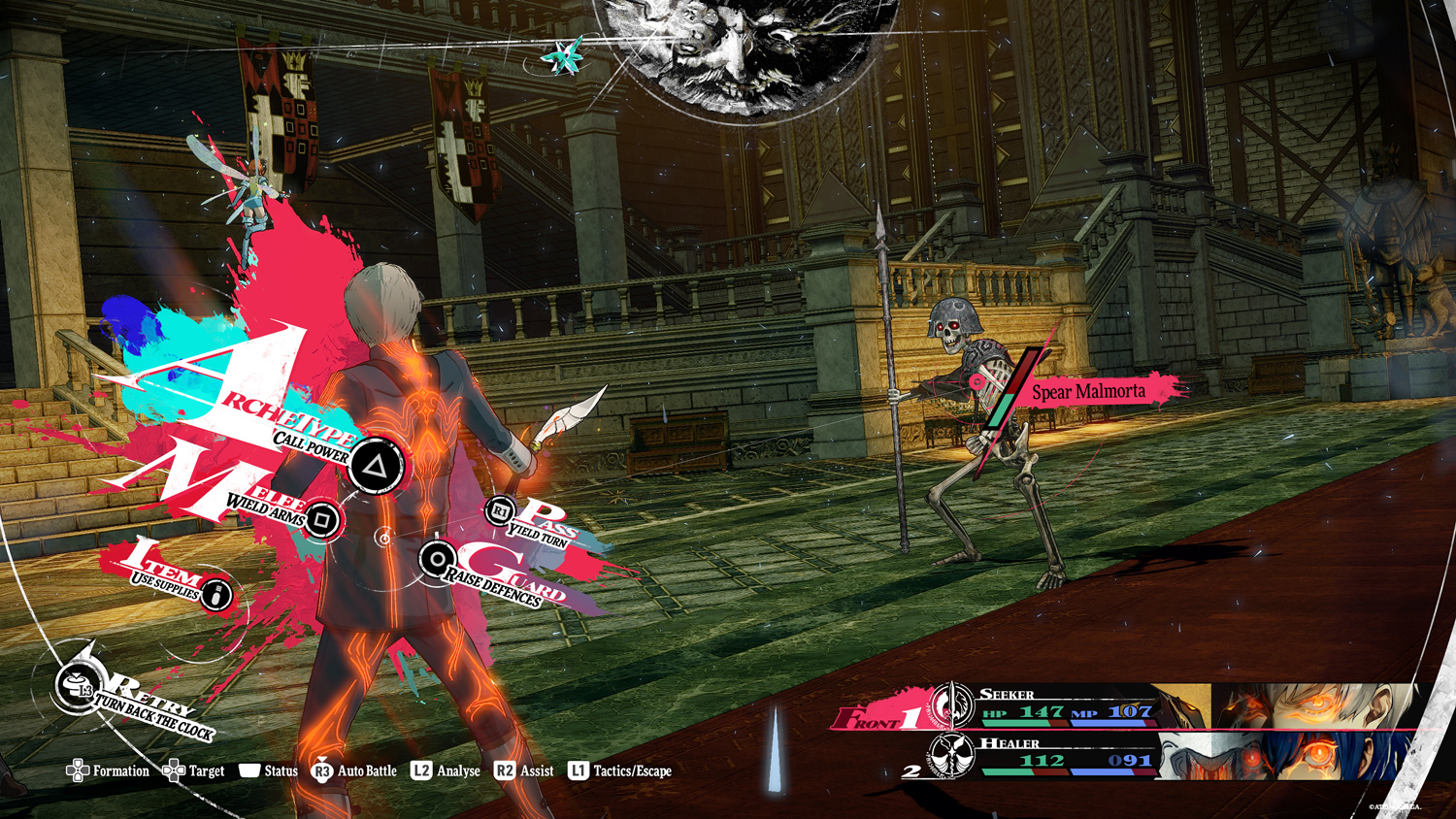Metaphor: ReFantazio review: return of the king
A politically charged fantasy RPG like you’ve never experienced
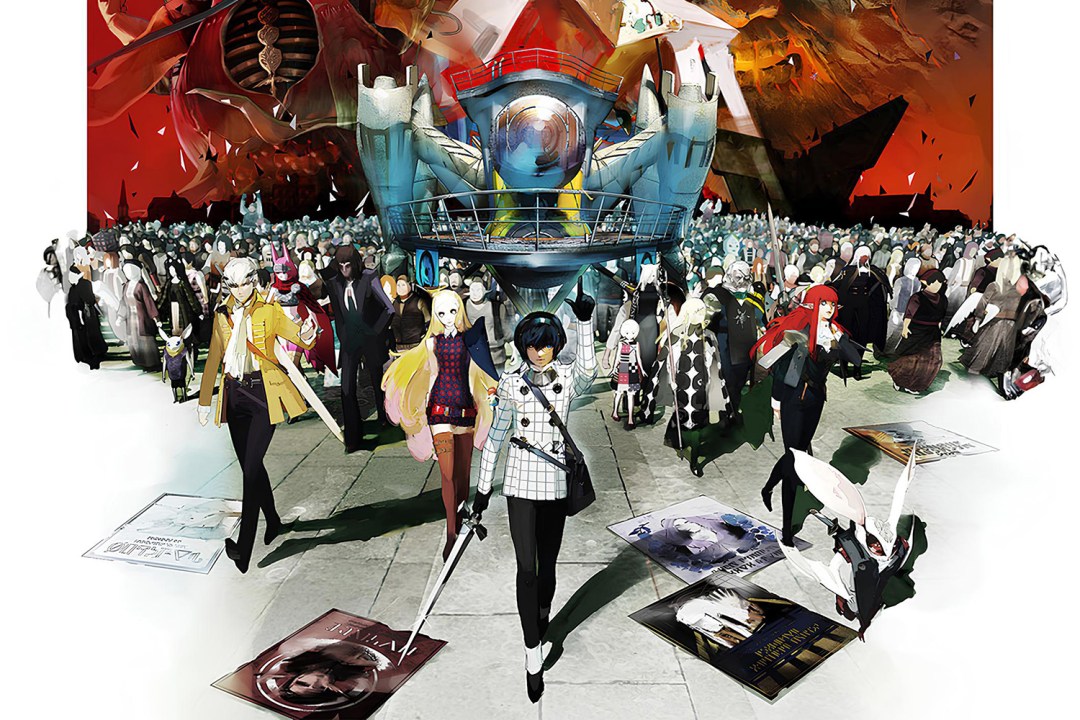
Stuff Verdict
A uniquely glorious fantasy filled with style and substance. Metaphor: ReFantazio is an epic RPG fit for a king.
Pros
- Unique and glorious fantasy world and art direction
- Captivating story with a great cast of characters
- Thrilling hybrid of real-time and turn-based combat
- So much to do that all ties meaningfully into system progression
Cons
- Serious calendar FOMO
- More endings than Lord of the Rings
The Fantasy genre is steeped in tradition stretching back to Tolkien – so it’s a surprise when not only a completely new IP emerges, but takes the bold choice of reinterpreting the concept. Coming from the creative talents behind Atlus’s acclaimed Persona series, Metaphor: ReFantazio swaps contemporary Japanese high school life for one in a fantasy world, where its people are made up of various tribes with their own unique physical characteristics and prejudices.
There are knights, magic and even dragons, yet this feels far removed from medieval D&D trappings. Not least because the story is centred around an election. Haven’t we had enough of those already this year? But it’s the catalyst for one of the most exciting fantasy RPGs you’ll experience this year. Just strap in, because it’s a long one.
Fantasy zone
The pre-title opening might see the king assassinated in bed, but what unfolds isn’t a bloody Game of Thrones-style war of succession. Instead it triggers a back-up plan where every person in the kingdom has the chance to win over the people and be crowned the new ruler. It’s largely a race between two favourites: Forden, the leader of the kingdom’s official religion; and Louis, the very person who killed the king. Your young blue-haired protagonist also decides to throw his name into the contest, despite coming from the rarest and most persecuted Eldar tribe.
Without getting too in-depth, this sets up a grand election campaign all over the kingdom, as you conquer dungeons and defeat monsters to win support for your claim to the throne. It’s the perfect way to unveil an incredibly realised world, which feels like something out of a picture book with its painterly visuals and gorgeous backgrounds. They provide more scale and atmosphere than just a drab open world to pick through for the sake of it.
While there are touches of medieval high fantasy, there’s a liberal mix of other inspirations. The capital city’s cathedral exterior is brutalist sci-fi, yet the world’s fashion is ripped straight from the Swinging Sixties.
It’s the unique tribes of people that really make Metaphor: ReFantazio. There aren’t any dwarves, and the pointy eared Rouissante tribe aren’t anything like magical elves, instead priding on their physical strength. Prejudice and discrimination is a running theme here, but having a multitude of tribes allows for more nuanced exploration compared to Final Fantasy XVI’s heavy-handed allegory for racism. It’s no coincidence then that your party members all hail from different tribes, a shining example of a diverse and united kingdom.
Hero with a thousand Archetypes
Given its creative leads were responsible for acclaimed and stylish RPG Persona 5, it’s no surprise to see Metaphor: ReFantazio borrow some of its ideas. That includes how the story unfolds in a calendar system, with certain activities causing time to progress while you have deadlines to complete key story quests by.
It’s a great fit, seeing as elections do have rigid schedules, and having deadlines pushes you to use your time wisely instead of losing hours hoovering up side quests. Some trips to dungeons might take multiple days, which you have to factor in around downtime activities. Still, the deadlines are generous, giving you plenty of time to meet up with party members and NPCs, who each have their own personal arcs.
Nothing you do is just to kill time either – it all feeds into proving you’re fit to be king. In a world where people are gripped with fear, your party members’ strength comes from confronting those anxieties, awakening them to powerful heroic beings called Archetypes. The game’s class system isn’t too far removed from the personas of the Persona series (and just as Jungian in inspiration), except characters actually transform into these Archetypes during battle. Everyone can equip and master different Archetypes, so you don’t actually have to pick who’s in your party of four based on their Archetype alone.
New archetypes are unlocked from followers, so it pays to spend time with them. Deepening some bonds also requires your protagonist having levelled up his own personal stats, such as courage or tolerance. If this sounds like a nightmarish exercise in diary management, you’ll appreciate the online feature where you can check how other players spend their days. The game also contrives a form of fast-travel partway through, giving you an excuse to return to early areas and finish any bounties or requests you missed.
Battle royal
RPGs might be abandoning their turn-based roots for a more ‘modern’ action-oriented experience, but Metaphor: ReFantazio sticks to its guns with command-based combat. It nonetheless feels dynamic and fast-paced, due to these commands being mostly input-based rather than having you scroll through menus. It takes the hardcore approach of Atlus’s Shin Megami Tensei series, where a key strategy is to discover and exploit an enemy’s weakness, granting you bonus turn points either to deal more damage or stay on the defensive with heals and buffs. Just remember that the enemy can exploit your weaknesses in the same way.
Every new encounter is like a puzzle as you figure out which Archetypes’ weapon types or elemental spells are best to use. Victory rarely achieved by spamming the attack button – sometimes having spells that can buff, debuff or cancel effects are just as crucial. Bosses are even more formidable, especially the most fearsome and grotesque monsters, known in this peculiar fantasy world as ‘humans’ (whether they actually derived from humans as we know them to be is just one of many questions the story raises).
Nonetheless, even a smartly designed battle system risks growing repetitive when you have to fight hundreds of them. This is where a real-time element comes in, which essentially lets you bat away low-level enemies instantly. It sounds simplistic, yet feels empowering once creatures you had a tough time with become a triviality, highlighting how much stronger you’ve become over time. Real-time combat is also effective on other enemies, with preemptive strikes inflicting damage and potentially stunning them on their first turn. That starting advantage can sometimes be enough to decimate even higher-level enemies.
Every battle is riveting, even if some bosses might force you to load up a previous save and rework your tactics. Fortunately, generous auto-saves mean Metaphor is more forgiving than Atlus’s past games, where one rash mistake could mean an hour of progress gone down the drain.
Metaphor: ReFantazio verdict


As far as new franchises go, Metaphor: ReFantazio is a royal triumph. Much of its DNA may be from Persona 5 but it evolves what was already the best RPG of the last generation into something even greater, where modern adjustments complement rather than subtract from the challenging core combat. The timely political intrigues of its narrative and left-field stylistic influences means it also eschews a lot of typical fantasy tropes, while still including plenty of gorgeously-produced anime cutscenes.
Much like Final Fantasy VII Rebirth and Like A Dragon: Infinite Wealth this year, it’s an RPG that’s going to demand a lot of your time if you want to see the story through to its end. But there’s never a dull moment, with a story so gripping and surprising, a wonderful cast of party members, and one of the most despicably compelling villains of all time. Clear your calendar if you must, this is royally unmissable.
Stuff Says…
A uniquely glorious fantasy filled with style and substance. An epic RPG fit for a king.
Pros
Unique and glorious fantasy world and art direction
Captivating story with a great cast of characters
Thrilling hybrid of real-time and turn-based combat
So much to do that all ties meaningfully into system progression
Cons
Bad stuff 1
Bad stuff 2
